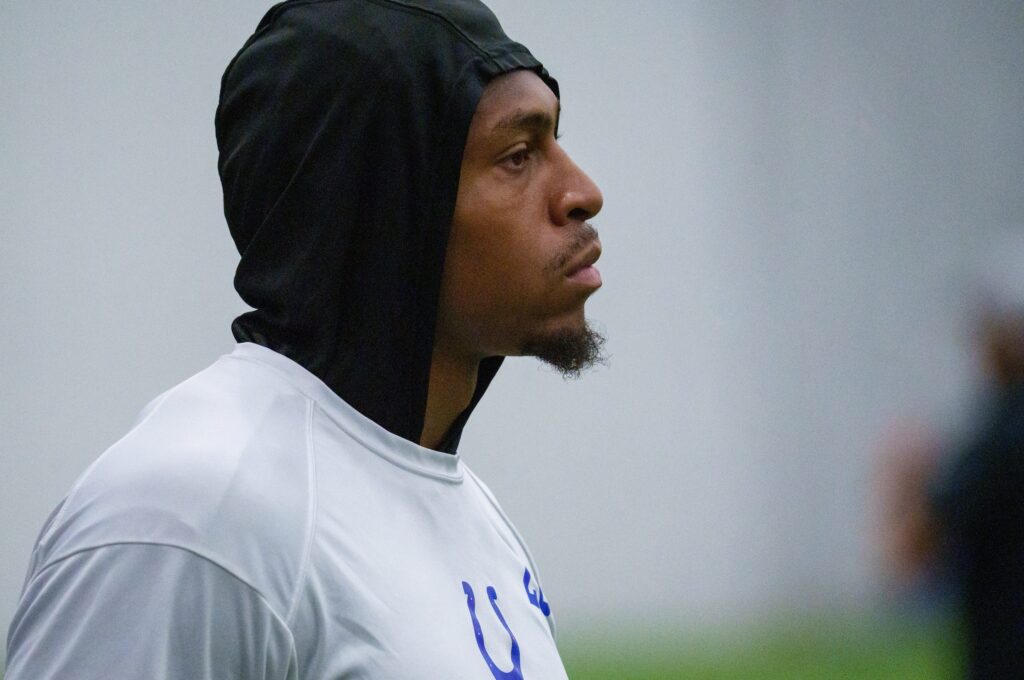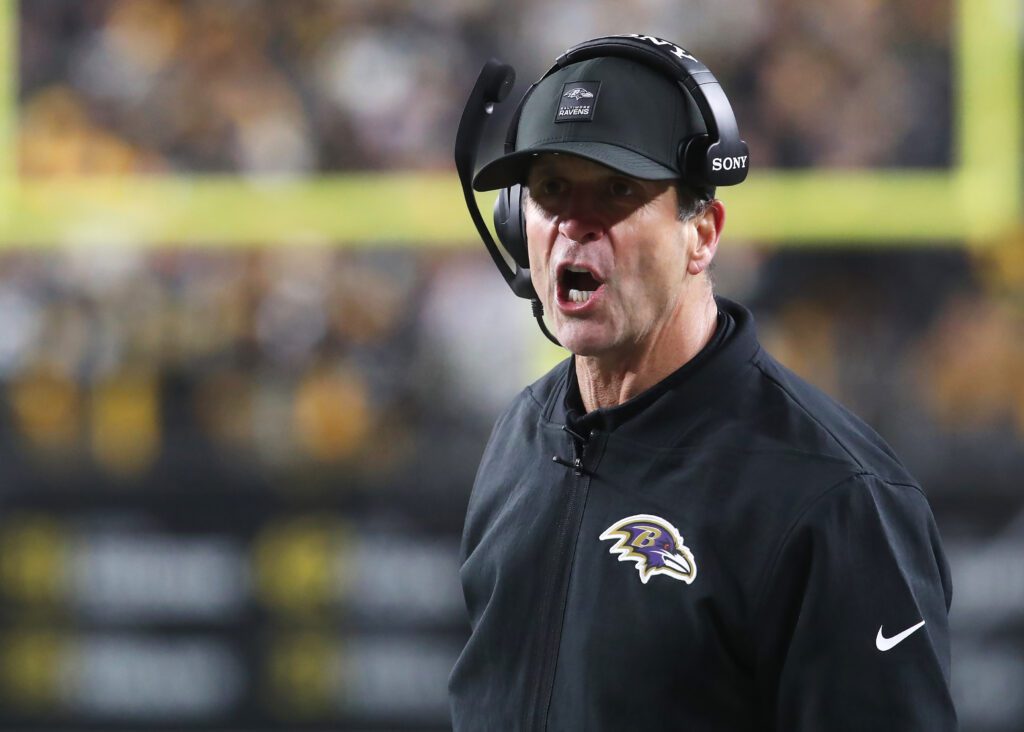One of the major headlines this season has been the issue of compensation for running backs, and tensions between players and owners have intensified recently. The recent contract negotiations involving top running backs like Jonathan Taylor, Dalvin Cook, and Saquon Barkley have brought the matter to a boiling point.
However, the recent controversy surrounding Taylor’s contract demands could prove to be the straw that broke the camel’s back, significantly shaping the future landscape of the NFL, particularly for running backs.
The NFL is Changing Before Our Very Eyes
Latest twist: The #Colts are contemplating placing Jonathan Taylor on the Non-Football Injury list (NFI) due to a back injury he suffered away from the team, per @mchappell51. This means if Taylor didn’t play this season, his contract would just toll to 2024. They would have the… pic.twitter.com/bZc5vvjPa2
— Ari Meirov (@MySportsUpdate) July 31, 2023
A New Franchise Tag System
The most immediate consequence of the Jonathan Taylor situation could be the reevaluation of the franchise tag system. The current NFL franchise tag system allows teams to retain one of their impending free agents by designating them with the tag. The player receives a one-year contract offer worth the average of the top five salaries at their respective position, and if they do not reach a long-term deal with the team, they play under that one-year contract for the upcoming season.
The NFL Players Association (NFLPA) has taken note of the growing unrest among running backs, fueled by several of the bitter aforementioned contract negotiations. As the battle intensifies, the NFLPA may pursue a new franchise tag system that does not involve these position assignments. This change could allow players, including running backs, to negotiate their contracts more freely, potentially leading to fairer compensation and greater financial security.
Impact on the Running Back Market
The outcome of the Jonathan Taylor situation could set a precedent for future running back contracts and negotiations. If Taylor’s demands for a long-term extension are ultimately met, it could pave the way for other star running backs to follow suit and demand contracts that reflect their value and contributions to their respective teams.
On the other hand, if the Colts hold their ground and refuse to offer Taylor the desired extension, it may further the domino effect, with other teams potentially following suit with their star running backs. This could lead to a further escalation of tensions between players and team owners, with running backs demanding more equitable contracts and team owners resisting changes to the status quo.
1.) Never had a back pain.
2.) Never reported back pain.
Not sure who “sources” are, but find new ones 🤔
— Jonathan Taylor (@JayT23) July 31, 2023
Shift in Offensive Strategies
The NFL has been witnessing a shift in offensive strategies, with a greater emphasis on passing and quarterback play over the past decade. As a result, running backs’ value and contributions to the game have been a subject of debate. Jonathan Taylor’s situation could influence the NFL’s overall perception of running backs and their importance to the game.
The league may be forced to find a new approach to compensating running backs or figure out ways around having a superstar running back. This could lead to revised game plans, offensive formations, and a reevaluation of how running backs are utilized in the modern NFL landscape.
Coaches and offensive coordinators may place a greater emphasis on versatility, with running backs expected to not only excel in rushing but also play a significant role in the passing game as receivers and pass protectors. Teams might deploy more dynamic schemes that maximize the skill sets of their running backs, making them more integral to the overall offensive strategy. Additionally, this shift in thinking could prompt teams to invest in a deeper pool of talented running backs, reducing the reliance on a single workhorse back and promoting a more collaborative and diverse backfield approach.
Main Image: Mykal McEldowney/IndyStar / USA TODAY NETWORK



